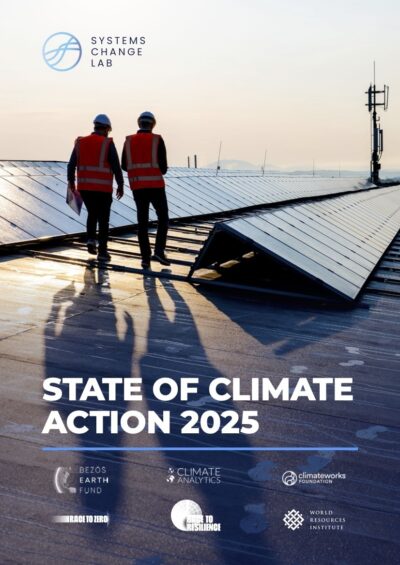Publications
Share


Briefings
The Australian Energy Market Operator (AEMO) has just released its gas projections for Western Australia, the results of which highlight the absence of climate policies in the state.

Reports
Tripling renewables, doubling energy efficiency and cutting methane by 2030 and beyond would cut warming rate by a third in ten years, and halve it by 2040. This would cut projected warming this century about 0.9˚C from 2.6˚C to 1.7˚C.

Reports
This analysis explores the technical feasibility and economic benefits of real zero. Our analysis demonstrates that reaching real zero is achievable in many sectors and identifies the economic benefits of eliminating fossil fuels.

Reports
This study shows that, even after years of insufficient action, the world can still return to well below 1.5°C of warming this century if countries pursue the “highest possible ambition” in climate action.

Briefings
Ten years on, the Paris Agreement is working, but not nearly fast enough. Since 2015 it has become the essential organising framework for global climate action: uniting countries behind the 1.5°C temperature limit and net-zero goals, reshaping science and policy, helping mobilise climate finance and clean-technology investment, and driving national reforms that otherwise would not have happened. This briefing lays out 22 ways it is changing the 21st century for the better.
